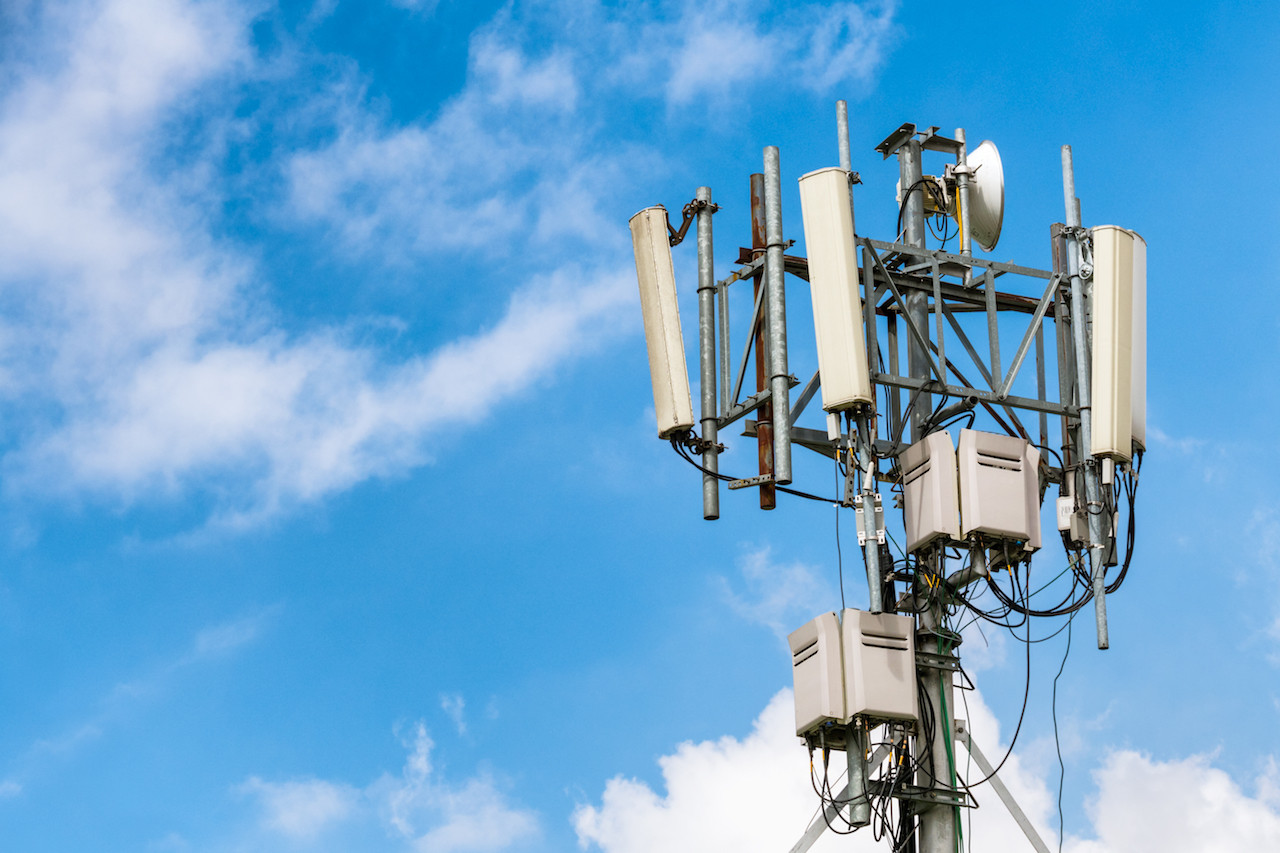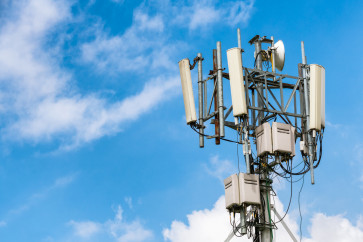Popular Reads
Top Results
Can't find what you're looking for?
View all search resultsPopular Reads
Top Results
Can't find what you're looking for?
View all search resultsLack of awareness, infrastructure limit business digitalization in rural areas
A recent Statistics Indonesia (BPS) survey of around 34,500 businesses nationwide on the impacts of the COVID-19 pandemic found that only 43.73 percent of businesses in regencies marketed their products online, compared to 57.46 percent in cities. This is despite the fact the survey found that 80 percent of businesses that utilized online platforms for marketing saw an improvement in sales.
Change text size
Gift Premium Articles
to Anyone
A
lack of awareness and limited telecommunications infrastructure in rural areas have prevented many of the country’s small businesses from taking advantage of online platforms to boost their sales amid the COVID-19 outbreak.
A recent Statistics Indonesia (BPS) survey of around 34,500 businesses nationwide on the impacts of the COVID-19 pandemic found that only 43.73 percent of businesses in regencies marketed their products online, compared to 57.46 percent in cities. This is despite the fact the survey found that 80 percent of businesses that utilized online platforms for marketing saw an improvement in sales.
Fhabbyan Rizza, a 25-year-old entrepreneur, told the The Jakarta Post that he felt frustrated with the bad internet connection in Tuban, East Java, when he first took his frozen meat business online. Tuban is located around two hours from the East Java capital of Surabaya.
“It sometimes takes me multiple tries to upload a photo on my business’ Instagram profile because of the unstable internet connection and it can get annoying,” he said.
However, he has persisted despite the connection obstacles as going online has helped him keep his business afloat during the pandemic.
The country’s businesses have been impacted by the ongoing health crisis, with the economy shrinking 5.32 percent year-on-year (yoy) in the second quarter this year. Indonesia’s small businesses, which account for more than 60 percent of gross domestic product (GDP) and employ a majority of the labor force, have been particularly hit hard.
A recent Mandiri Institute study shows that micro, small and medium enterprises (MSMEs) that have an online presence are more resilient as they are more likely to continue producing and selling goods and have a longer runway to survive the economic slowdown.


















